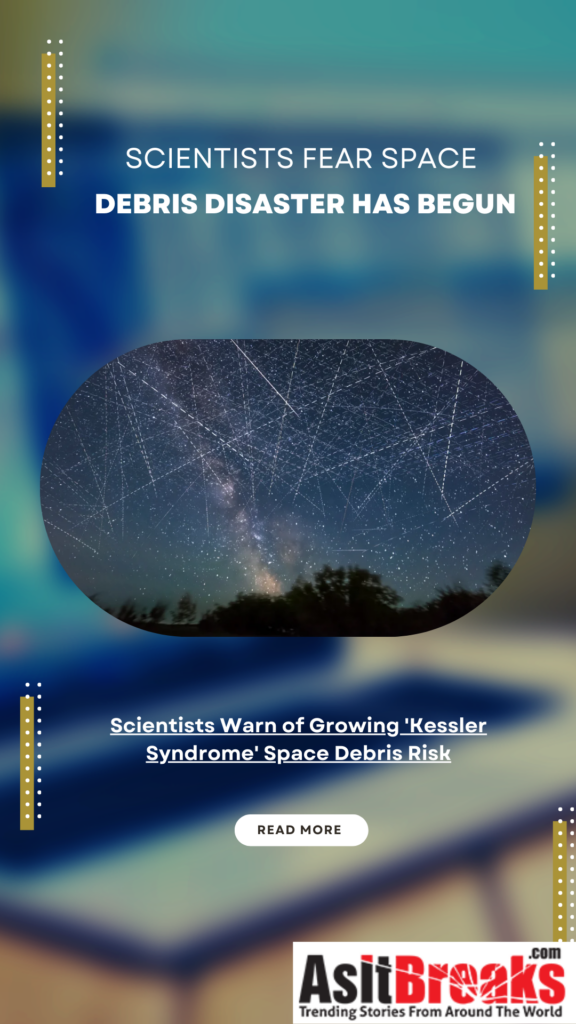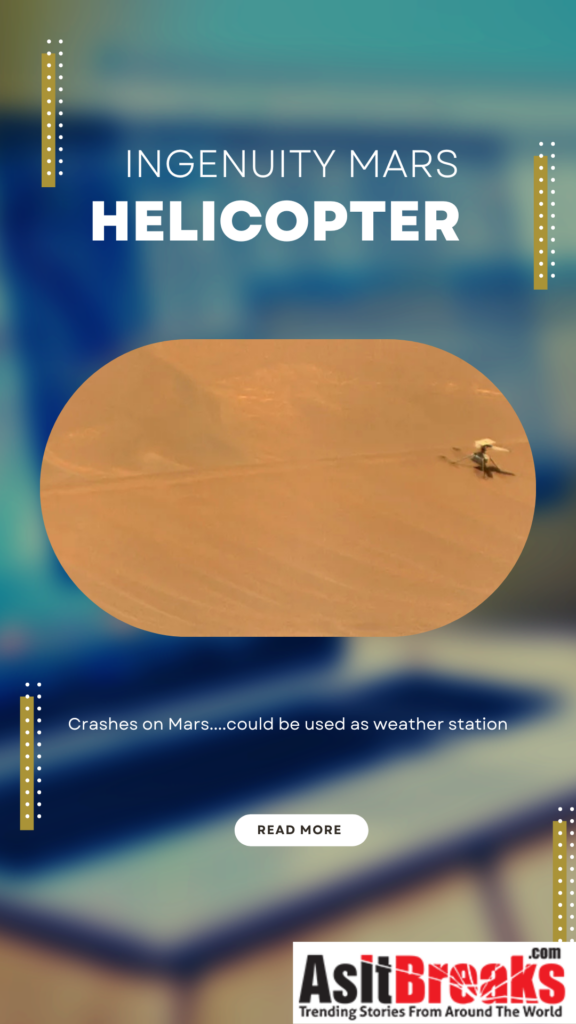HOUSTON (AP) — Space experts are warning that “Kessler Syndrome,” a catastrophic chain reaction of colliding orbital debris, may have already begun, threatening the future of space operations and satellite communications worldwide.
The scenario, first proposed by NASA scientist Donald Kessler in 1978, describes a cascading effect where space debris collisions create more debris, potentially rendering entire orbital zones unusable. Recent satellite tracking data suggests this process could be underway in Earth’s most crowded orbital paths.
“We’re seeing an exponential increase in close calls and actual collisions between objects in low Earth orbit,” said Dr. Sarah Martinez, an orbital debris specialist at the European Space Agency. “Each incident creates thousands of new pieces of debris, accelerating the cycle.”
The problem has intensified with the surge in satellite launches over the past decade. More than 10,000 satellites now orbit Earth, with companies like SpaceX and Amazon planning to add thousands more for global internet coverage. Recent incidents highlight the growing risk:
- A 2009 collision between an inactive Russian satellite and active U.S. communications satellite created over 2,300 tracked debris pieces
- In 2021, a Chinese satellite was destroyed by debris from a 2007 anti-satellite test
- Monthly reports of near-misses between active satellites and debris have doubled since 2020
“We’re approaching a tipping point,” said Dr. James Crawford, chief scientist at NASA’s Orbital Debris Program Office. “Without immediate action to reduce debris creation and remove existing fragments, certain orbital zones could become unusable within decades.”
Space agencies are developing technologies to capture and remove large debris pieces, while new satellites increasingly include end-of-life disposal systems. However, experts warn these measures may be insufficient to prevent the syndrome’s acceleration.
The consequences extend beyond space exploration. GPS navigation, weather forecasting, and global communications all rely on satellites vulnerable to debris impacts. A cascading series of collisions could disable these critical services.
International space agencies are calling for stricter regulations on satellite deployment and mandatory debris mitigation measures. The United Nations Office for Outer Space Affairs has proposed guidelines for responsible space operations, though enforcement remains challenging.


